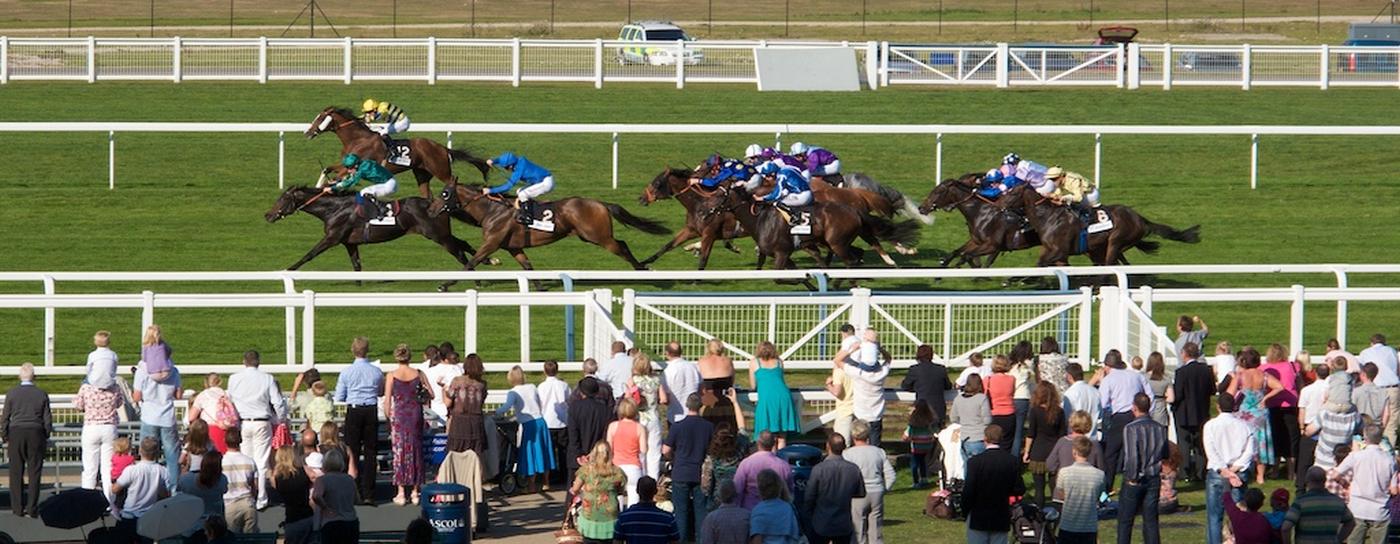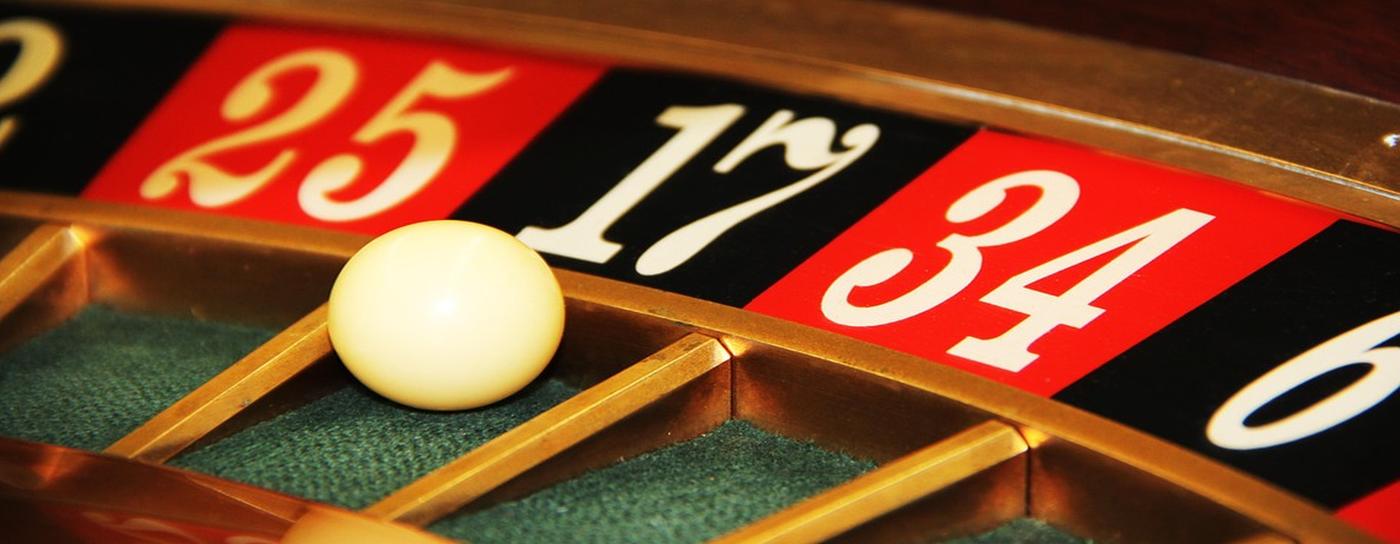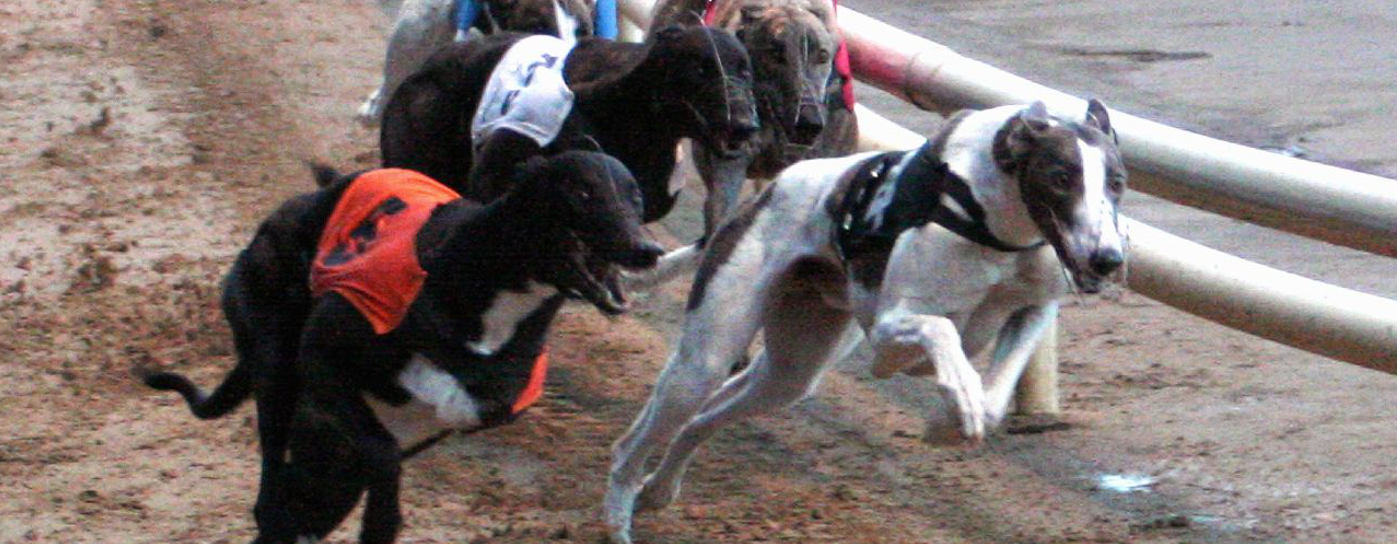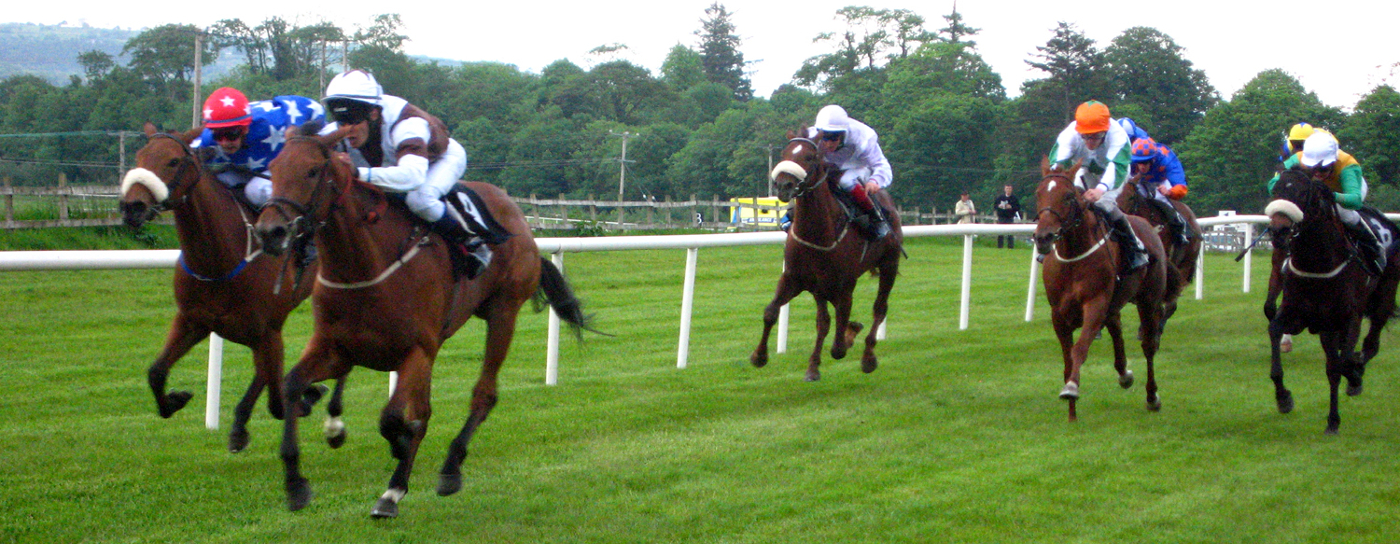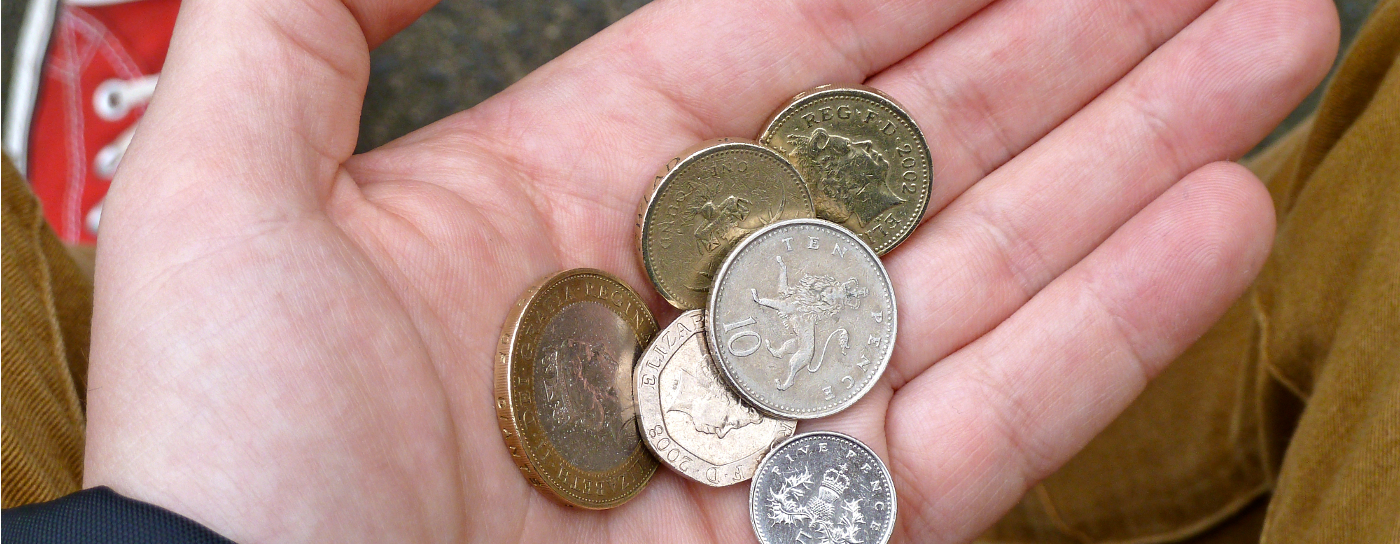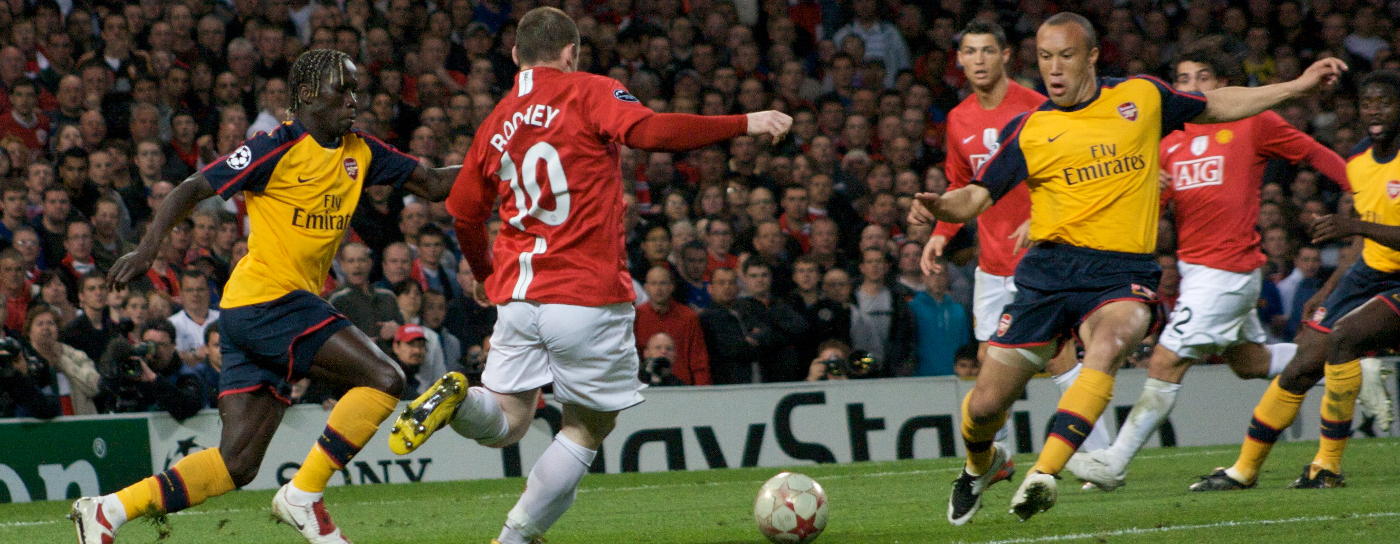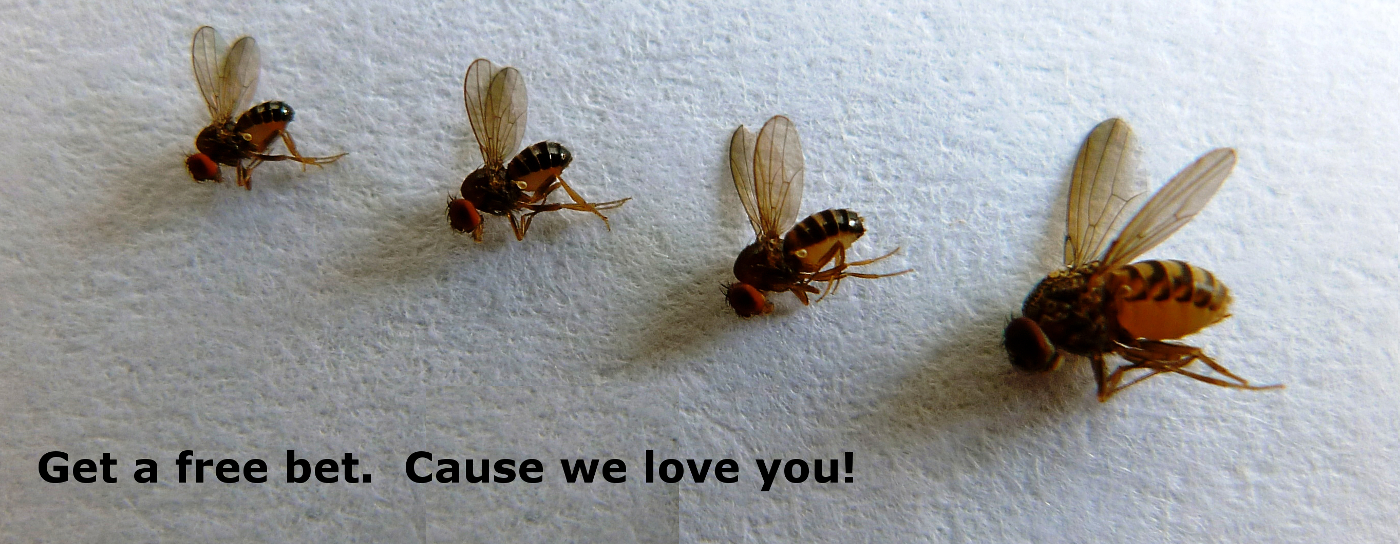
Quite rightly the UK has a legal gambling industry, but it presently has a challenge like no other it has ever faced. This challenge is ‘hanging over its head’ like a big dark cloud. Those in the gambling industry who don’t recognise the extent of this danger are doing immense damage to their own industry.
The gambling industry has many choices concerning gambling disorder, but it needs to make the correct ones quickly or it will take the blame for everything for the foreseeable future. The easiest correct decision is to distance itself from any in the industry who won’t recognise gambling disorder as an addiction; it’s not a myth.
Gambling Disorder is a behavioural addiction recognised in the Diagnostic and Statistical Manual of Mental Disorders, fifth edition or DSM-5. This psychiatry text is considered the “gold standard” in the field of mental health. At this point it is important to refer back to the title of this blog and the dangers of it for the gambling industry. This title, which is a quote from a UK gambling licensee is stupid; nothing more, nothing less.
UK gambling licensees can choose to live in the ‘dark ages’ and rot as a consequence or accept what the challenges are.
The first huge positive of the industry accepting gambling disorder as a psychiatric diagnosis is that, by definition, it means that it takes many parties to ensure appropriate interventions, correct diagnoses and high quality management of the condition. Importantly, if there is acceptance of the psychiatric diagnosis, it’s also clearly fair to argue that the industry isn’t the sole cause of any harm.
If the gambling industry is willing to call-out its members who have outdated views it means all parties can be more confident in the possibility of having constructive discussions and improved outcomes in the future. Gambling disorder is something that happens to some people and all parties have to try and protect those who are susceptible to it. It’s worth noting that a condition that affects 0.6-1.1% of the population should not be considered rare in public health terms. Why, because it isn’t when compared with many other conditions where the NHS expertise and spend is much higher, e.g. epilepsy.
There is no getting away from the fact that gambling disorder is a major challenge for all concerned. Just because an industry is legal it doesn’t mean that those working in it, especially at the top, can simply walk away from the responsibility of reducing the dangers it might pose. The ultimate danger is suicide. When a person takes their life due to gambling, it is not something that should be belittled, it is something that should be investigated thoroughly. At present the data we have on gambling related suicide in UK is deficient, but data from other countries strongly hints it is a major problem.
Quotes like the following should make the gambling industry as a whole shudder,
“Addiction is only controlled by the individual, and it starts and ends right there.“
“Addiction will always remain your personal responsibility. The culture of blaming operators for things that didn’t go as well as you hoped in life is futile.”
This author was born in the 1950s not the 1850s or the 1750s, so hopefully it’s possible to recognise that there are so many things wrong with these two quotes. It would require a 30K dissertation to deal with them appropriately, so please accept that no attempt will be made to provide references outlining the hundreds of peer reviewed academic publications that outline research confirming the quotes are “futile” (to quote a word in return).
Due to an amazing, albeit immoral achievement, by companies and others who should know better to keep gambling harms out of the media until fairly recently, it has come as a massive shock to the industry to be suddenly bombarded from many directions for change. It is, therefore perhaps understandable, if inexcusable, that some are resistant to change.
Many, including an increasing number in the gambling industry, are supportive of change. Mistakes will be made, money will be wasted as with all attempts to address addiction and harm, but acceptance means we can more easily do better.
Clearly there is no ‘magic bullet’, which means that those who make statements like, “A £2 FOBT stake will not cure gambling addiction,” should be approached with extreme caution. This statement is so obvious that the knowledge and motivations of anyone saying it need to be questioned. The FOBT stake was one of many ‘bullets’ that are required, but after firing many more bullets the war will never be won completely unless the pharmaceutical industry or neurosurgeons come up with, a yet unknown, treatment.
Other matters that are much clearer include; if the gambling industry doesn’t engage constructively over the coming months and years its reputation will get even worse, meaning regulation will become ever more complex, more expensive, thus meaning many operators, especially smaller ones won’t survive.
It’s time for some in the industry to shut up for the good of everyone. The gambling industry is not being picked on, the industry has been for years and is still been given every chance to improve, so be sensible and enter into open and honest constructive discussion: It will benefit all parties.

